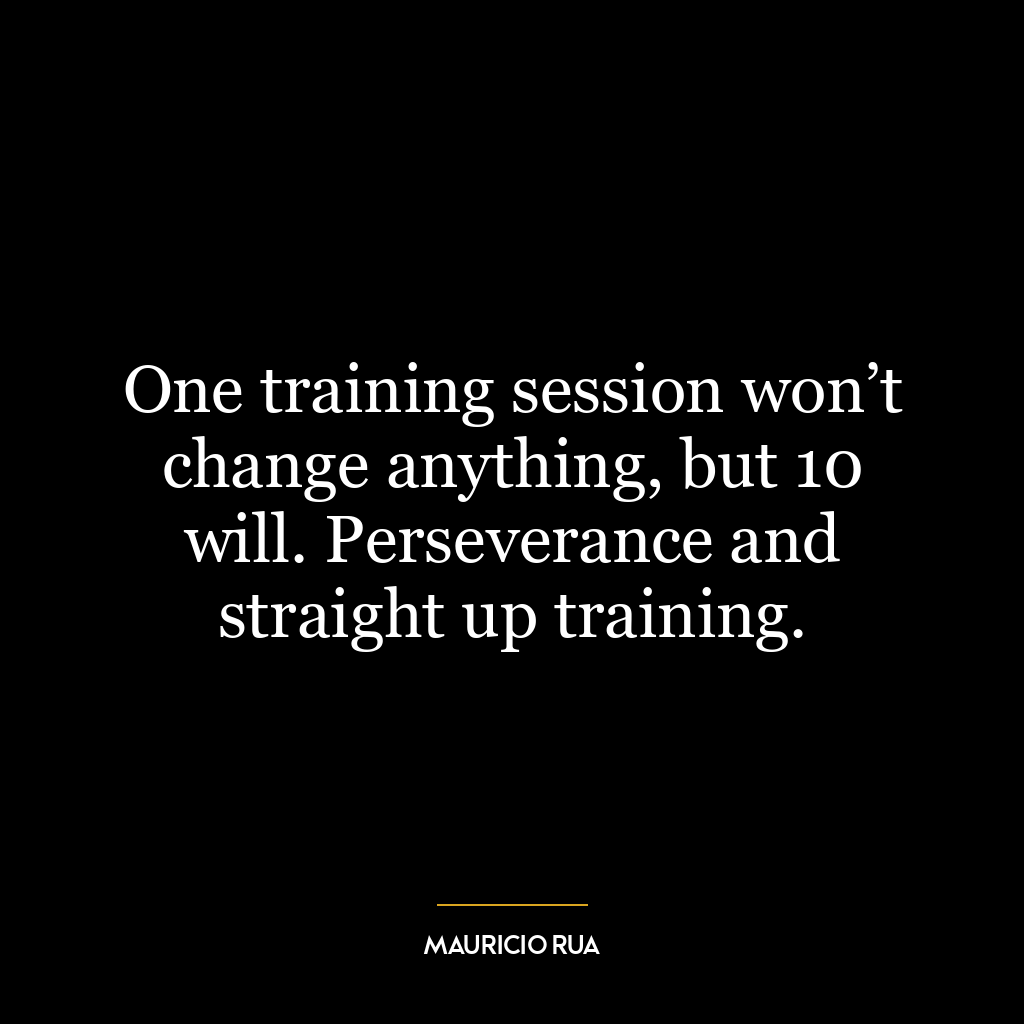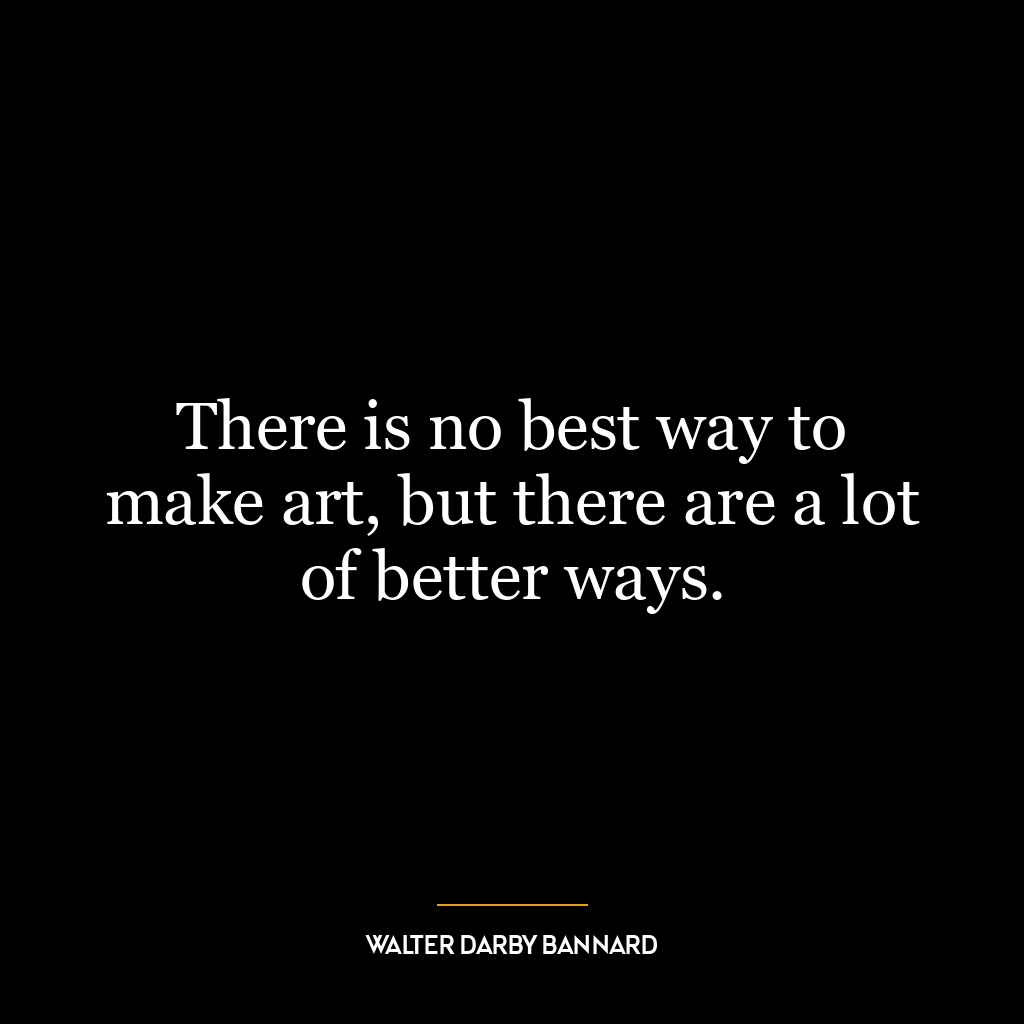Prayer is a sign of repentance, a desire to become better, purer.
This quote speaks to the purpose and power of prayer as a tool for personal growth and transformation. It suggests that when we pray, it is not just an act of faith or a request for divine intervention, but also a reflection of our inner longing to change and improve ourselves.
The phrase “a sign of repentance” implies that prayer involves acknowledging our faults, mistakes, or shortcomings. This is important because recognizing where we have gone wrong is often the first step towards self-improvement. In this context, repentance doesn’t necessarily mean feeling guilty or ashamed; rather it’s about taking responsibility for our actions and seeking to make amends.
The second part of the quote refers to “a desire to become better, purer”. This indicates that prayer also embodies aspiration – the aspiration towards becoming a better version of ourselves. The term ‘purer’ here could be interpreted in many ways depending on one’s belief system but generally signifies striving for greater moral integrity.
In today’s world which can sometimes be chaotic and stressful, this idea holds great relevance. Prayer can serve as a means for self-reflection and introspection which are crucial components in personal development. Regardless of religious beliefs or lack thereof, everyone can take time out from their busy schedules to reflect upon their actions and aspire towards self-improvement – akin to what Gandhi suggests prayer achieves.
Moreover, in an era where mental health issues are prevalent due largely in part to societal pressures such as the need for constant achievement or perfectionism; adopting an attitude similar to what Gandhi describes could be beneficial. Instead of being overly critical with oneself over perceived failures or mistakes; acknowledging them whilst simultaneously aspiring towards improvement (rather than perfection) may lead not only towards personal growth but also improved mental well-being.
whether through formal religious prayers or simple acts like meditation or quiet reflection; acknowledging one’s flaws while aspiring towards improvement which this quote encapsulates might indeed prove to be a powerful tool for personal development in today’s world.








